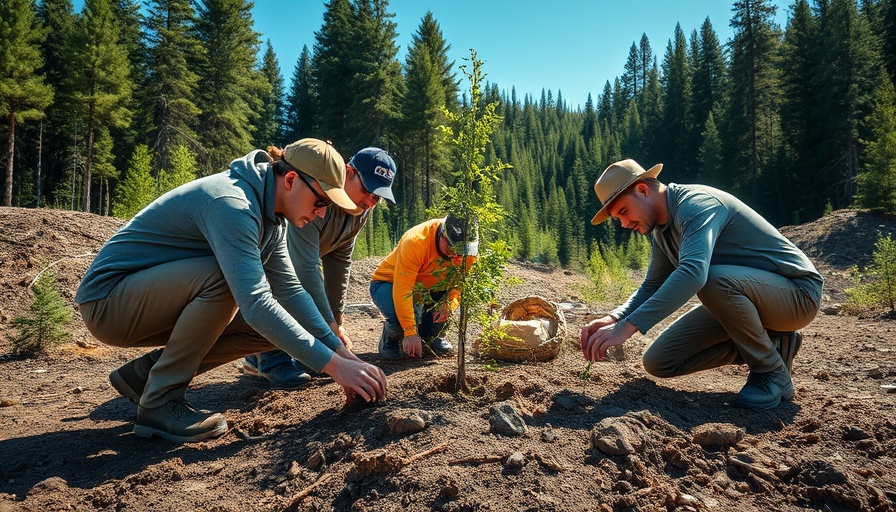
The Unseen Crisis: How Human Activity Threatens Biodiversity
Recent findings from one of the largest studies of biodiversity loss reveal a dire situation: human actions are a primary driver behind the alarming decline of wildlife on a global scale. Conducted by scientists from the University of Zurich and its partner institutions, the study gathered data from around 2,100 sources, covering nearly 50,000 sites worldwide. The implications are clear: habitats altered by farming, urban expansion, and pollution pose a serious threat to the earth’s delicate ecosystems.
Five Factors Feeding Biodiversity Loss
The study identifies five major human impacts that are wreaking havoc on biodiversity: habitat modification, exploitation, climate change, pollution, and invasive species. Among these, pollution stands out as particularly destructive, with untreated wastewater and chemical discharges severely affecting aquatic ecosystems. The researchers underscore that all living groups, from fish to mammals, are suffering, with vertebrates showing a staggering one-fifth reduction in average species numbers in impacted sites compared to those intact.
The Global Response: A Call to Action
As this study highlights, the urgency to address biodiversity loss is critical not just for wildlife, but for human societies as well. Changes in biodiversity affect ecosystem services — the water we drink, the food we grow, and the air we breathe. With growing urbanisation and environmentally destructive practices, the collective effort to mitigate these impacts is more important than ever. Regular engagement with and support for eco-friendly practices can significantly alleviate the crisis we face.
The pressing need for awareness around this topic extends beyond environmental circles; it prompts individuals to consider their daily consumption choices and their ecological footprints. Embracing a lifestyle that prioritizes ecological harmony is integral to reversing the trend.
 Add Row
Add Row  Add
Add 




 Add Row
Add Row  Add
Add 



Write A Comment